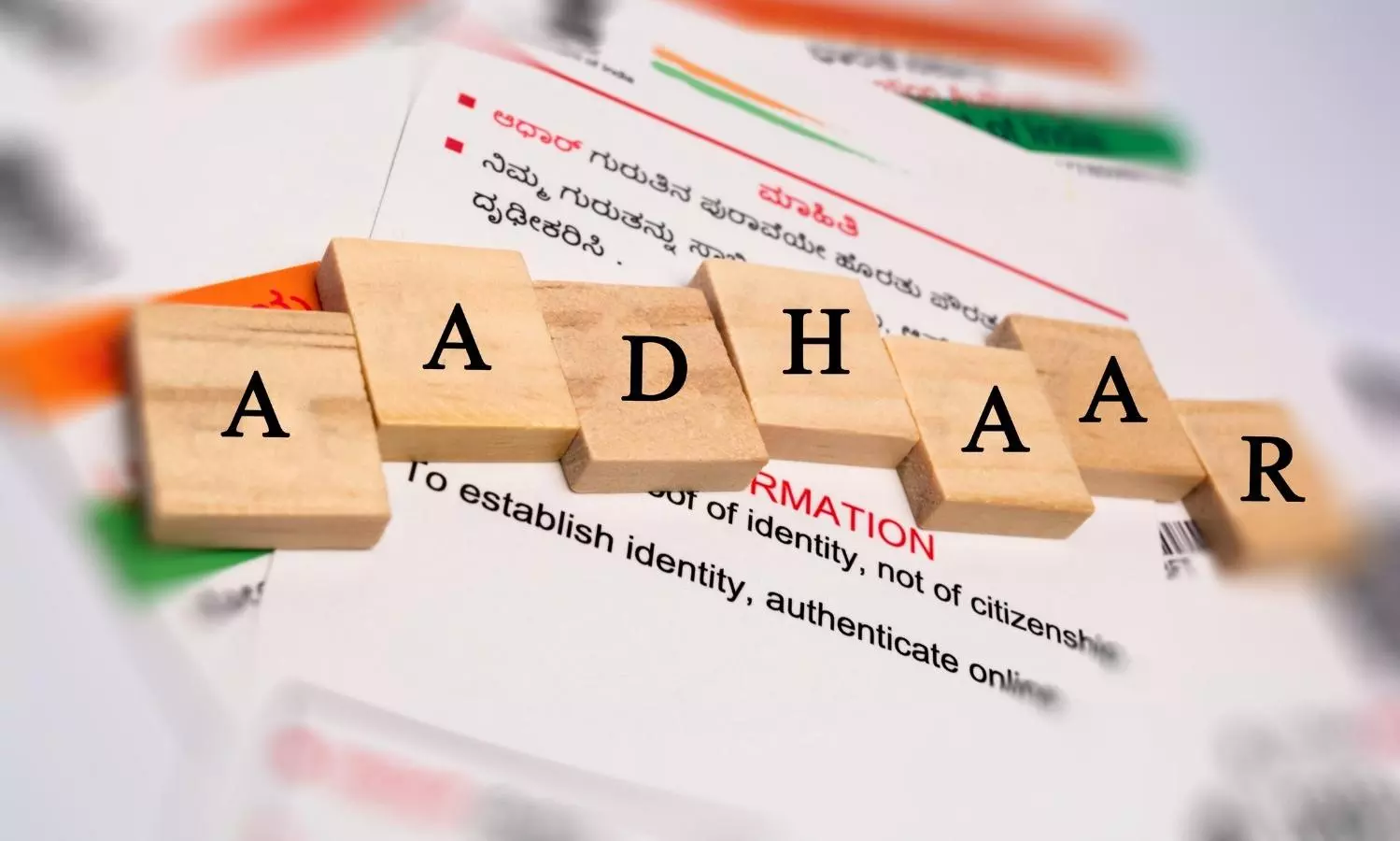
Aadhaar only for voters’ identity verification, not citizenship proof, EC tells SC
Commission cites RP Act and Aadhaar Act to clarify that Aadhaar can be used only for identity verification in Form 6, not for proving age, citizenship or residence

Amid the second phase of the Special Intensive Revision (SIR) of electoral rolls, the Election Commission of India (ECI) has reiterated before the Supreme Court that Aadhaar is used solely to verify an applicant’s identity and not as proof of citizenship.
Also read | Supreme Court directs EC to treat Aadhaar card as a "12th document", Bihar SIR
This clarification was made in the Commission’s response to an interlocutory application filed by Ashwini Kumar Upadhyay, who has sought a bar on using Aadhaar as proof of date of birth in Form 6, the application used for new voter registration. As per a LiveLaw report, the ECI said Aadhaar is relied on solely as an identity document under Section 23(4) of the Representation of the People Act, 1950.
Aadhaar proof restrictions upheld
In an affidavit sworn by ECI Secretary Santosh Kumar Dubey, the Commission noted that the Election Laws (Amendment) Act, 2021 amended Section 23 of the RP Act to allow linking electoral roll data with the Aadhaar ecosystem, aimed at preventing multiple enrolments of the same individual. Based on this change, Form 6 was amended from June 17, 2022.
The Commission also pointed to a UIDAI Office Memorandum dated August 22, 2023, which clarified that Aadhaar does not constitute proof of citizenship, residence or date of birth. It further referred to Section 9 of the Aadhaar Act, 2016, which states that an Aadhaar number cannot serve as proof of citizenship or residence. The affidavit additionally cited the Bombay High Court judgment in State of Maharashtra v. UIDAI (Criminal Writ Petition No. 3002 of 2022), holding that Aadhaar is not proof of date of birth. The Supreme Court, in Saroj v. IFFCO Tokio (2024), also preferred a School Leaving Certificate instead of Aadhaar for verifying age.
The ECI added that the Supreme Court, in its order dated September 8, 2025, in the Bihar SIR matter, allowed Aadhaar to be used as one of the documents for enumeration but stated that it could be used only for identity verification when deciding inclusion or exclusion from the electoral roll.
Court clarifies Aadhaar scope
Following that order, the ECI issued instructions on September 9, 2025 to all Chief Electoral Officers, directing that Aadhaar be used strictly as proof of identity and not as proof of citizenship, in accordance with Section 9 of the Aadhaar Act, 2016 and Section 23(4) of the RP Act, 1950, for the updated voter list of Bihar.
Also read | SC order on Aadhaar in SIR significant, but hiccups remain: Experts | Capital Beat
Responding to the petitioner’s plea to restrict Aadhaar to identity verification and prohibit its use as proof of date of birth in Form 6, the Commission said the legal framework already limits Aadhaar to identity purposes and that its instructions fully reflect the statutory scheme.
During last week’s hearing, the Supreme Court told Upadhyay that since Section 23(4) permits Aadhaar as identity proof, its use in Form 6 cannot be barred, and a UIDAI notification cannot override a statutory provision.

